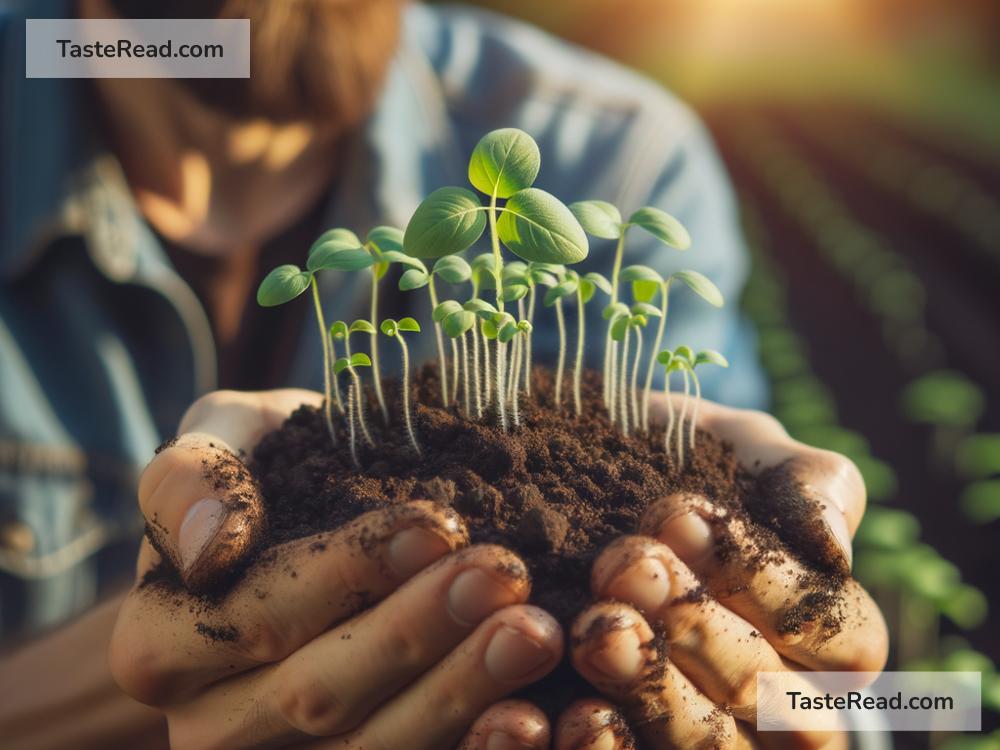Exploring the Role of Low-Impact Crop Fertilizers
In the world of farming and growing crops, fertilizers play a crucial role. They are like the food that plants need to grow strong and healthy. However, not all fertilizers are created equal. Some can harm the environment, while others are designed to be more gentle on our planet. Today, we’re diving into low-impact crop fertilizers and why they’re gaining attention in the agricultural world.
What are Low-Impact Crop Fertilizers?
Low-impact crop fertilizers are types of plant nutrients that are designed to minimize harm to the environment. Traditional fertilizers, while effective at boosting plant growth, often have a downside. They can contribute to water pollution, harm soil health over time, and release harmful gases into the air. Low-impact fertilizers aim to feed our plants without these negative effects.
Why are They Important?
1. Protecting Water Sources
When too much fertilizer is used, the excess can run off into nearby rivers, lakes, and groundwater. This can lead to a problem called eutrophication, where too many nutrients in the water cause algae to grow rapidly. This harms aquatic life and can make water unsafe for drinking. Low-impact fertilizers are designed to reduce this runoff, protecting our water sources.
2. Preserving Soil Health
Healthy soil is full of life; it supports microorganisms that help plants grow. Some traditional fertilizers can harm these microorganisms or lead to soil degradation, making it less fertile over time. Low-impact fertilizers support soil health, ensuring that farms can remain productive for generations to come.
3. Reducing Greenhouse Gas Emissions
Certain fertilizers, especially those based on nitrogen, can release nitrous oxide, a potent greenhouse gas, into the atmosphere. By choosing low-impact alternatives, farmers can help reduce these emissions, contributing to the fight against climate change.
Types of Low-Impact Fertilizers
1. Organic Fertilizers
These are made from natural materials such as compost, manure, or bone meal. They release nutrients slowly as they break down, which reduces the risk of runoff and supports soil organisms. Organic fertilizers also help improve soil structure, retaining more water and nutrients.
2. Controlled-Release Fertilizers
These fertilizers have a special coating that slowly dissolves, releasing nutrients over time. This slow release means plants can use the nutrients as they become available, reducing the chance of runoff.
3. Plant-Based Fertilizers
Made from plants (like alfalfa meal or seaweed), these fertilizers offer a renewable, low-impact option. They not only provide nutrients but also contain hormones and other natural compounds that can help plants resist pests and diseases.
How to Use Low-Impact Fertilizers Effectively
-
Test Your Soil: Before adding any fertilizer, it’s important to know what your soil already has and what it lacks. This way, you can choose the right fertilizer and avoid adding too much.
-
Follow Instructions: Using the correct amount is key to preventing runoff and other environmental harms. Even low-impact fertilizers can cause problems if used excessively.
-
Complement with Good Practices: Combine fertilizers with other sustainable practices, like crop rotation and cover cropping, to support soil health and reduce the need for added nutrients.
The Bigger Picture
Switching to low-impact fertilizers isn’t just about protecting the environment. It’s also about building a sustainable future for farming. With a growing global population, we need to produce more food than ever. Doing so in a way that preserves our planet’s health is one of the biggest challenges of our time. By choosing low-impact fertilizers, farmers and gardeners alike can take a step in the right direction.
Low-impact crop fertilizers represent a thoughtful approach to agriculture, one that considers the well-being of our planet alongside the need to feed its inhabitants. As more people recognize the importance of these sustainable practices, we can look forward to a future where farming works in harmony with nature, rather than against it. The role of low-impact fertilizers, then, is not just about nourishing plants but nurturing our world.


